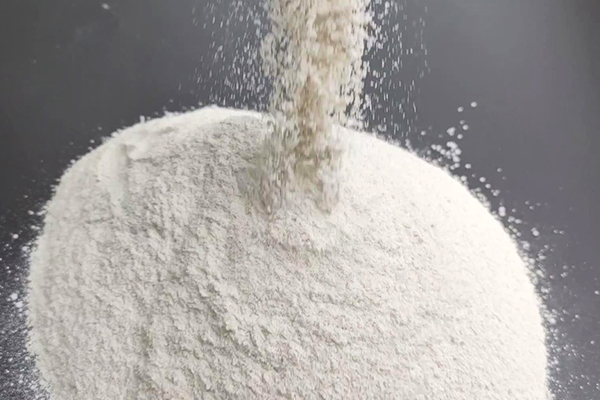The refining agent for aluminum casting can reduce or remove gas and inclusions at a high level during the refining process.
Adding a refining flux to the aluminum alloy melt, melting the aluminum raw materials to obtain the alloy, refining the molten aluminum alloy, and then casting the aluminum alloy.
Refining flux has dehydrogenation function. The temperature of molten aluminum alloy is about 700°C. At a temperature lower than the melt temperature, the flux and hydrogen react in the melt in the form of a solid-gas reaction or a gas-gas reaction. The hydrogen compounds obtained by gasification or the removal of these compounds from the melt as slag can remove hydrogen from the melt.
The refining agent for aluminum casting has the effect of removing slag, reducing the wettability between molten aluminum and molten aluminum surface slag, promoting the transformation of inclusions to slag, and also promoting the removal of slag from the surface of the melt.

Aluminum is known for its almost unlimited recyclability. This feature not only makes it an ideal choice for waste reduction, but also provides an opportunity to reduce emissions from its own sector.
However, as the aluminum industry seeks to decarbonize, the emissions from production are only part of the equation. The industry must also improve recyclability to drastically reduce the demand for high-carbon primary aluminum. The International Aluminum Institute predicts that by 2050, global demand for aluminum will increase by more than 80%. Currently, more than 90% of aluminum emissions are related to primary production. However, secondary or recycled aluminum uses only 5% of the energy required for primary production.
Switching to secondary or recycled aluminum production will reduce the high emission costs associated with primary aluminum. The automation and packaging industries provide the best opportunities for recycling aluminum scrap.
In the smelting or casting process of aluminum alloy ingots, usually aluminum raw materials (aluminum base material, scrap of aluminum alloy products, etc.) are smelted in a smelting furnace, and then the composition of the melt is adjusted for refining molten aluminum alloy. The refining of the molten aluminum alloy is a process of cleaning the melt, which includes, for example, the steps of injecting chlorine gas or chlorine-based flux and inert gas.
Inert gas enters the melt as a carrier gas;
Remove gas components from the melt or make the inclusions into slag;
Remove the dross from the surface of molten aluminum.
When the refined aluminum melt flows through the launder, the inclusions will be further removed by the filter box in front of the mold. In this way, the refined aluminum melt is supplied into the mold and cast into an aluminum alloy ingot.

